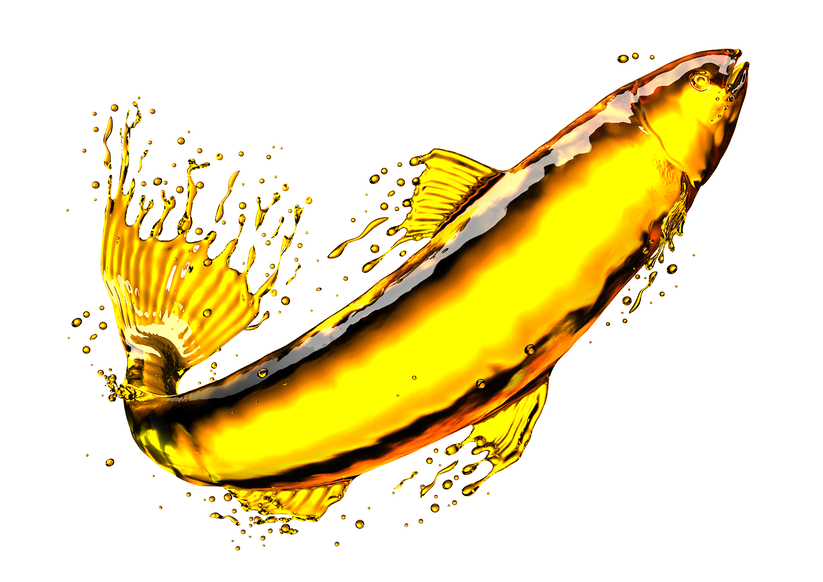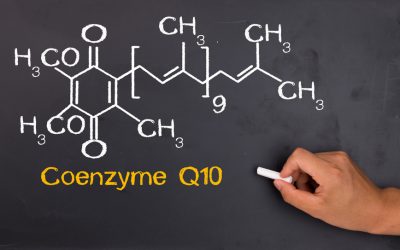Vitamin and Fatty Acid Supplementation to Reduce Cardiovascular Injury in ESKD Patients
The overlap of chronic diseases, termed comorbidities, involves the enforcement of one chronic condition with the development of another. The ability of these long-term conditions to coincide presents increased rates of mortality and morbidity in the population. End-stage kidney disease (ESKD) is a chronic condition that involves malfunction of the kidneys without the support of dialysis or treatment. End-stage kidney disease is permanent kidney damage and is known to be caused by diabetes or high blood pressure. Cardiovascular events such as high blood pressure and cardiovascular disease promote the onset of ESKD and worsen the prognosis for patients. With a specified source of disease developments, many treatments for ESKD target cardiovascular risk factors and attempt to halt cardiac injury.
Cardiovascular disease is an immensely lifestyle based condition, which can be addressed through the human diet. Recommended diets for individuals at risk for cardiovascular disease involve regiments to decrease fat, cholesterol, and salt intake, while increasing fruit, vegetable, and fiber content. This regiment is similar to the guidelines enlisted by the Mediterranean Diet, a cultural diet characteristic with fruit, vegetables, legumes, low amounts of red meat, and moderate amounts of red wine. These precautions have been shown to induce weight loss, lower blood pressure, reduce LDL (bad cholesterol) as well as inflate antioxidant and good cholesterol levels in the blood. These chemical amendments in the body can exhibit tremendous benefits in heart health and body composition.
A recent study summarized the findings of implementing a diet similar to the Mediterranean diet in patients with EKSD, to observe potential benefits that had been seen with cardiovascular disease patients. Since these chronic conditions are overlapping and enforcing of each other, similar diets may induce similar beneficial effects. Vitamin supplementation and fish oil pills were utilized to ensure proper nutrition in EKSD patients who may struggle to meet daily requirements. Dialysis treatment is common to manage EKSD, involving side effects that cause lessened appetite and restrictions on protein intake.
Fish and fish oil pills are beneficial to human nutrition due to the concentration of omega-3 fatty acids, which are not naturally produced in the human body. Omega 3 and 6 fatty acids are known to maintain anti-inflammatory effects, which could remedy cardiovascular conditions. While improving blood flow with anti-inflammation, these fatty acids can also lower fat content in the blood via triglycerides. Subsequently, vitamin supplementation provides antioxidant remedies to reduce oxidative stress in the body, an adverse symptom of EKSD. Vitamins E and B were investigated with patients on haemodialysis. Though this study focused on very preliminary data and results, future research is committed to combining the effects of multiple vitamins to observe synergistic effects that an improved diet can enact on ESKD related cardiovascular conditions.
Reference—
Bessell E., Jose M.D., McKercher C. “Associations of fish oil and vitamin B and E supplementation with cardiovascular outcomes and mortality in people receiving haemodialysis: a review.” BMC Nephrology (2015) 16:143. doi: 10.1186/s12882-015-0142-1


